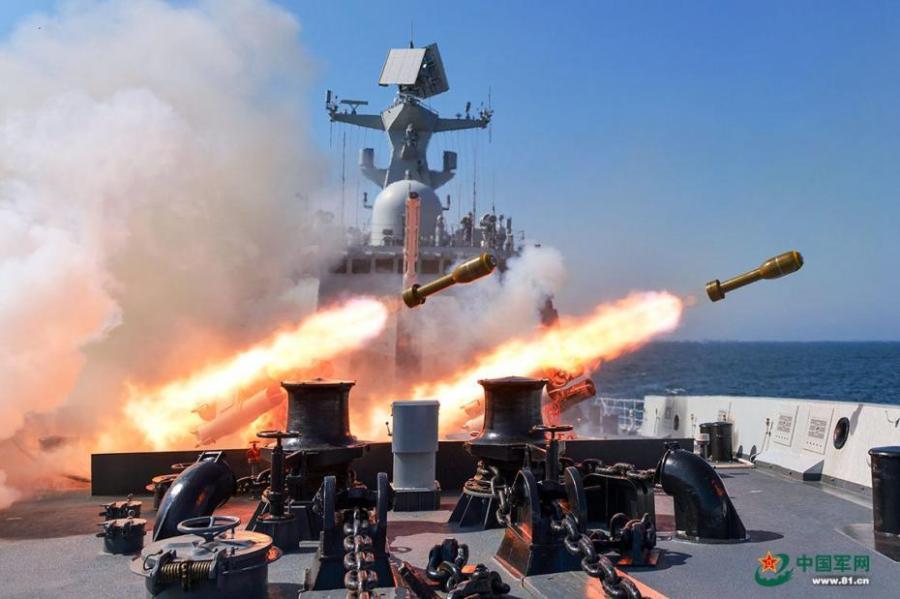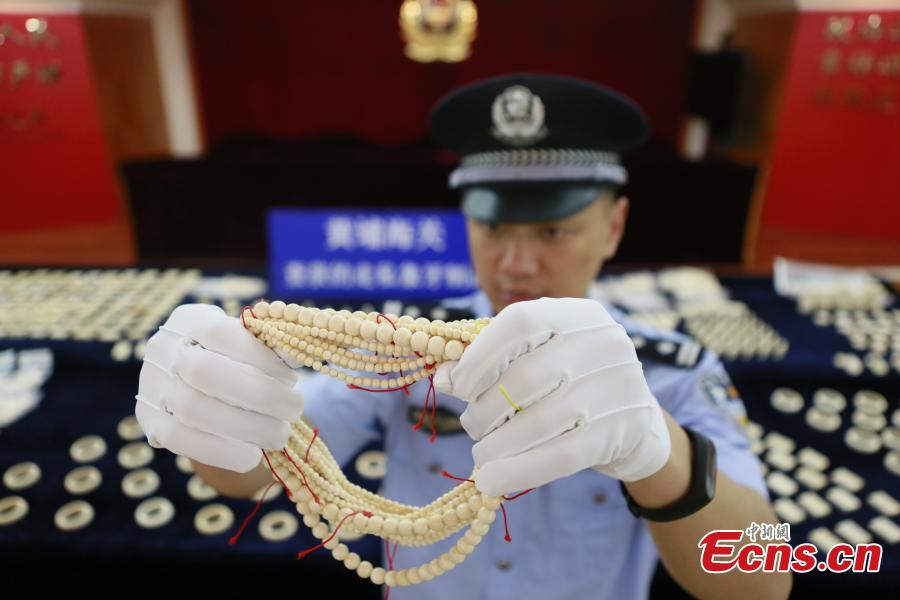Move will attract foreign capital, improve market stability: experts
U.S. index publisher MSCI announced Tuesday the inclusion of 234 China's A shares to its influential global equity indices, including the MSCI Emerging Markets Index, making good on a long-discussed plan and offering a significant boost to the Chinese financial market.
The move, which is scheduled to take effect on June 1, would bring more foreign investment into A shares and improve the domestic financial market in terms of services, experts noted.
The announcement, made as part of MSCI's Semi-Annual Review, follows MSCI decision on June 2017 to include for the first time yuan-denominated stocks on its world-leading indices, and marks a milestone for China's financial markets.
The 234 stocks lean toward financial institutions, mining, pharmaceutical and food companies, according to a report by Ping An Securities. Companies added to the index include well-known names such as ICBC, Kweichow Moutai, Midea Group and Sinopec.
Analysts said that while markets are expected to take some time to reflect the change, the inclusion would bring more foreign capital into the A-share market.
"Passive investment flows linked to the index will bring as much as $15 billion to A shares starting next year," Li Lifeng, chief equity strategist at Sinolink Securities, told the Global Times on Tuesday.
Howard Wang of JPMorgan Asset Management said that as much as $230 billion in passive inflows would move to MSCI China companies in the next five years, according to a report on news website sina.com on Tuesday.
The MSCI inclusion comes as foreign capital in the nation's equity market is already on the rise mainly through stock connect programs that link exchanges in the Chinese mainland with the one in Hong Kong.
Mainland and Hong Kong regulators announced on April 11 that the northbound daily quota for the Shanghai-Hong Kong Stock Connect and the Shenzhen-Hong Kong Stock Connect would be increased to 52 billion yuan ($8.2 billion) from 13 billion yuan. The move took effect on May 1.
MSCI's decision signals the recognition by foreign investors of China's financial opening-up and reform, experts noted.
"Foreign ownership of A shares is on a clear rising trend, which shows foreign confidence in Chinese corporations and regulators," said Li.
The opening-up of China's finance sector will also bring challenges to domestic companies and investors, Zhao Xijun, deputy director of the Finance and Securities Research Institute at the Renmin University of China, told the Global Times.
Zhao noted that the inclusion could help the Chinese financial market to offer better services and focus more on fundamentals.
"Chinese and foreign investors have different mind-sets and investment behaviors. For example, Chinese investors prefer to buy in those with quick returns, while foreign investors tend to care more about the long-term return." Zhao said, adding that there are also issues with frequent stock suspensions and limits to short-selling in China's stock markets.
"China's finance sector must upgrade its capabilities and provide more efficient services if it wants to attract global capital," he said.
Analysts also noted that A shares could play an even bigger role in the MSCI indices in the future.
MSCI adopted an inclusion rate of 2.5 percent, meaning the newly added shares will only have a weight of 0.39 percent in the Emerging Markets Index. MSCI will add a further 2.5 percent after its Quarterly Review in August 2018, rising to a 5 percent inclusion rate and a 0.78 weight on its index. This is seen as a temporary move by experts.
"MSCI adopted a low inclusion rate to serve as a temporary buffer given the daily limits on the Hong Kong-Shanghai Stock Connect," said Li.
"The inclusion rate will rise over time, but it will be a long-term process," he said.


















































